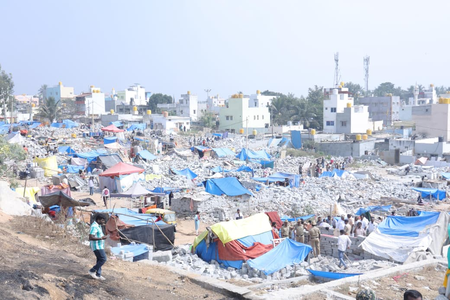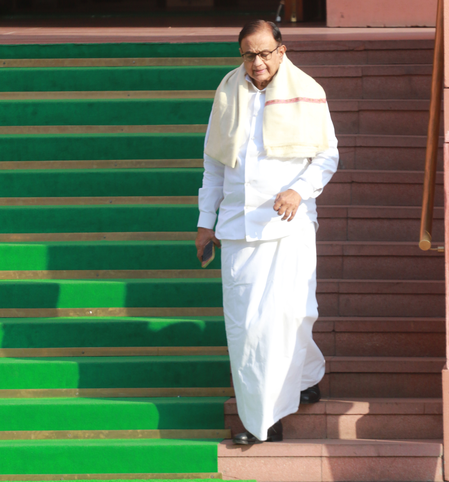
Today, the Supreme Court is set to hear the petition seeking to halt religious worship at the Gyanvapi Mosque premises in Varanasi, Uttar Pradesh. This case has garnered significant attention as it delves into the intricate layers of history, culture, and religious sentiments. The petition, filed by a group advocating for the preservation of historical sites, asserts that the continuous religious activities within the Gyanvapi Mosque complex have hindered efforts to properly assess and conserve its historical significance. It contends that the mosque was built upon the remains of an ancient Hindu temple, and as such, the sanctity of the site should be respected by suspending any religious observances within its premises.Conversely, proponents of allowing worship at the site argue for the preservation of religious freedoms and traditions. They contend that the mosque has been a center of worship for centuries and holds immense spiritual significance for the Muslim community.The Gyanvapi Mosque has long been a focal point of contention due to its disputed history. Believed by some Hindus to have been built upon the ruins of the original Kashi Vishwanath Temple, it has been a symbol of religious and cultural discord for centuries.The Supreme Court’s decision on this matter is anticipated to set a precedent regarding the delicate balance between historical preservation, religious rights, and communal harmony in India. As the proceedings unfold, all eyes are on the highest judicial authority to provide clarity and resolution to this complex and deeply emotive issue.




